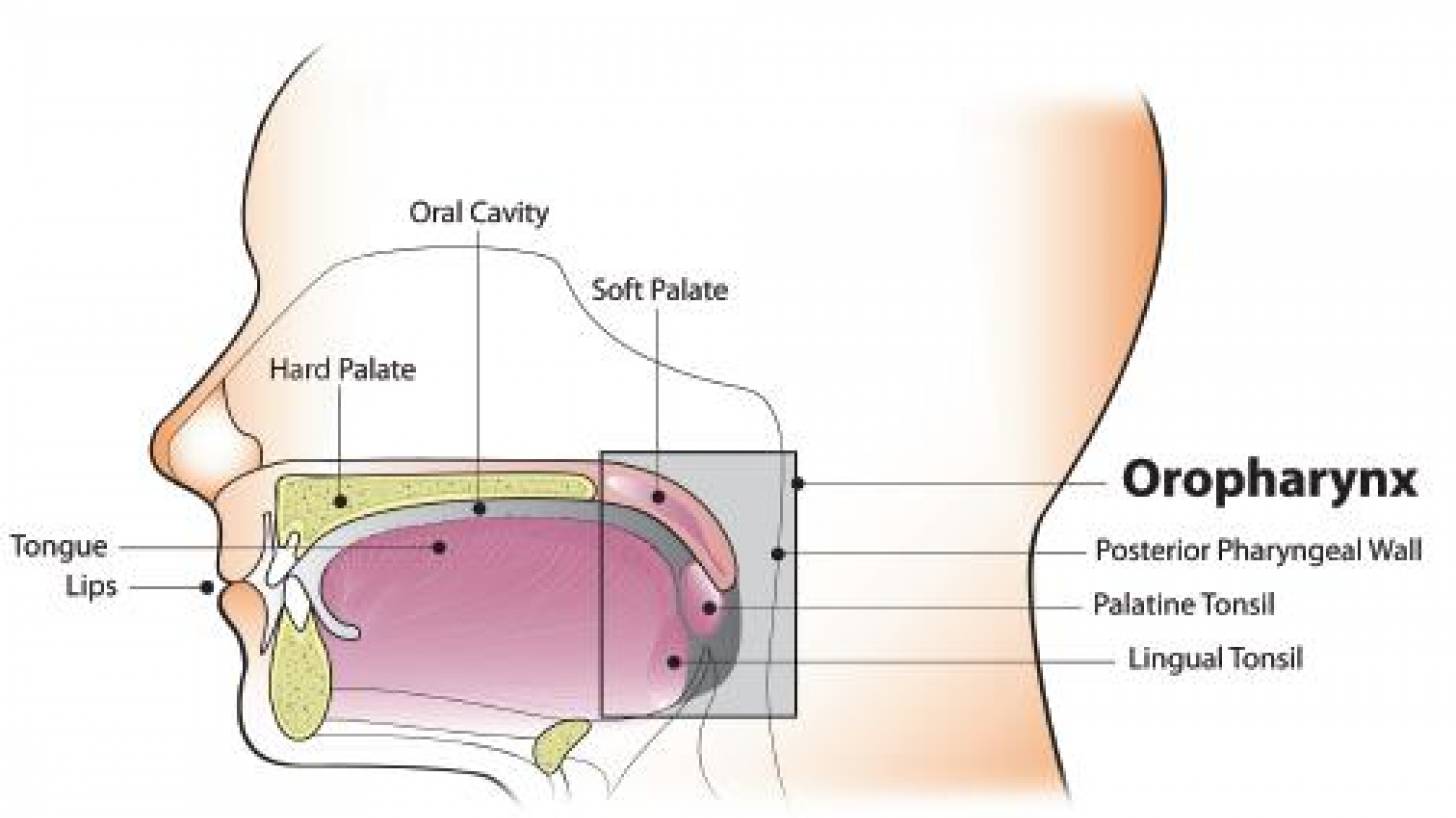mRNA Vaccine Candidates Target HPV Cancers

For more than a decade, researchers have been developing vaccines that use messenger RNA (mRNA) to treat cancer, though none have been approved by the U.S. Food and Drug Administration (FDA), wrote Edward Winstead.
On April 26, 2023, the U.S. National Cancer Institute published an article that confirmed a few studies had compared mRNA cancer vaccine candidates using different technologies.
A recent non-human study developed and compared three mRNA vaccine formulations designed to treat cancers caused by human papillomavirus (HPV) infections, such as cervical and some head and neck cancers.
In the head-to-head comparison, researchers found all three experimental vaccines eradicated HPV-related cancers in the mice, reported the NCI.
In fact, a single dose of any of the three vaccines made tumors in the mice go away, Jamile Ramos da Silva, Ph.D., of the University of São Paulo, and her colleagues reported in Science Translational Medicine on March 3, 2023.
In most of the mice, cancer did not come back.
Although there are vaccines to prevent HPV infections and the cancers that result, these vaccines do not treat cancers caused by existing HPV infections.
Building on this work, a new study compared two vaccines with different formulations of nonreplicating mRNA—one used modified mRNA and the other unmodified mRNA.
The third vaccine in the study was a self-amplifying mRNA vaccine.
Each vaccine delivers mRNA instructions for making an engineered protein called gDE7.
Cells that take up the vaccine produce this protein, which trains the immune system to recognize and attack cells with a protein from HPV-16 called E7. This protein interacts with other proteins in cells to drive cancer progression.
Not only were all three vaccines effective, but they also outperformed two other treatments—a DNA-based gDE7 vaccine and a gDE7 protein-based vaccine—in the same mouse model, the researchers reported.
"We learned from our studies that all three mRNA platforms can potentially be used in future studies in humans," said study co-leader Norbert Pardi, Ph.D., of the University of Pennsylvania Perelman School of Medicine, who investigates mRNA vaccines.
The researchers focused on HPV-related cancers partly because current treatments are not optimal.
For example, while many cervical cancers initially respond to standard treatments, these cancers often stop responding to therapies at some point, and the disease frequently returns.
Oropharyngeal cancer is a type of head and neck cancer that occurs in the back of the throat and is caused by HPV.
Moreover, these researchers wrote that many people diagnosed with HPV-related cancers in the next few decades would have been past the age at which vaccination is recommended when the preventive vaccines became available or lacked access.
In the meantime, mRNA vaccine candidates are being evaluated in people with HPV-related cancers.
One active clinical trial is testing a personalized mRNA vaccine in combination with an immune checkpoint inhibitor in patients with advanced head and neck cancer.
That vaccine is mRNA-4157, manufactured by Moderna Inc.
This mRNA-based individualized, therapeutic personalized cancer vaccine targets 20 tumor-associated antigens expressed by the patient's cancer cells.
And recent studies indicate currently available HPV vaccines can curtail a throat cancer epidemic.
Throat (Oropharyngeal) cancer incidence is rapidly rising due to HPV 16 infection.
Throat cancer's leading risk factor is the number of sexual partners. Those with six or more lifetime oral-sex partners are 8.5 times more likely to develop oropharyngeal cancer.
For any vaccine to be effective, it must be first administered.
In the U.S., coverage with one or more HPV vaccine doses in boys and girls was over 75% in 2021, an increase of 1.8% from 2020.
As of May 5, 2023, various HPV vaccines are offered at clinics and pharmacies in the U.S.
For other sexually transmissible diseases (chlamydia, gonorrhea, herpes), vaccine development news is posted by Precision Vaccinations.
are
Our Trust Standards: Medical Advisory Committee
























